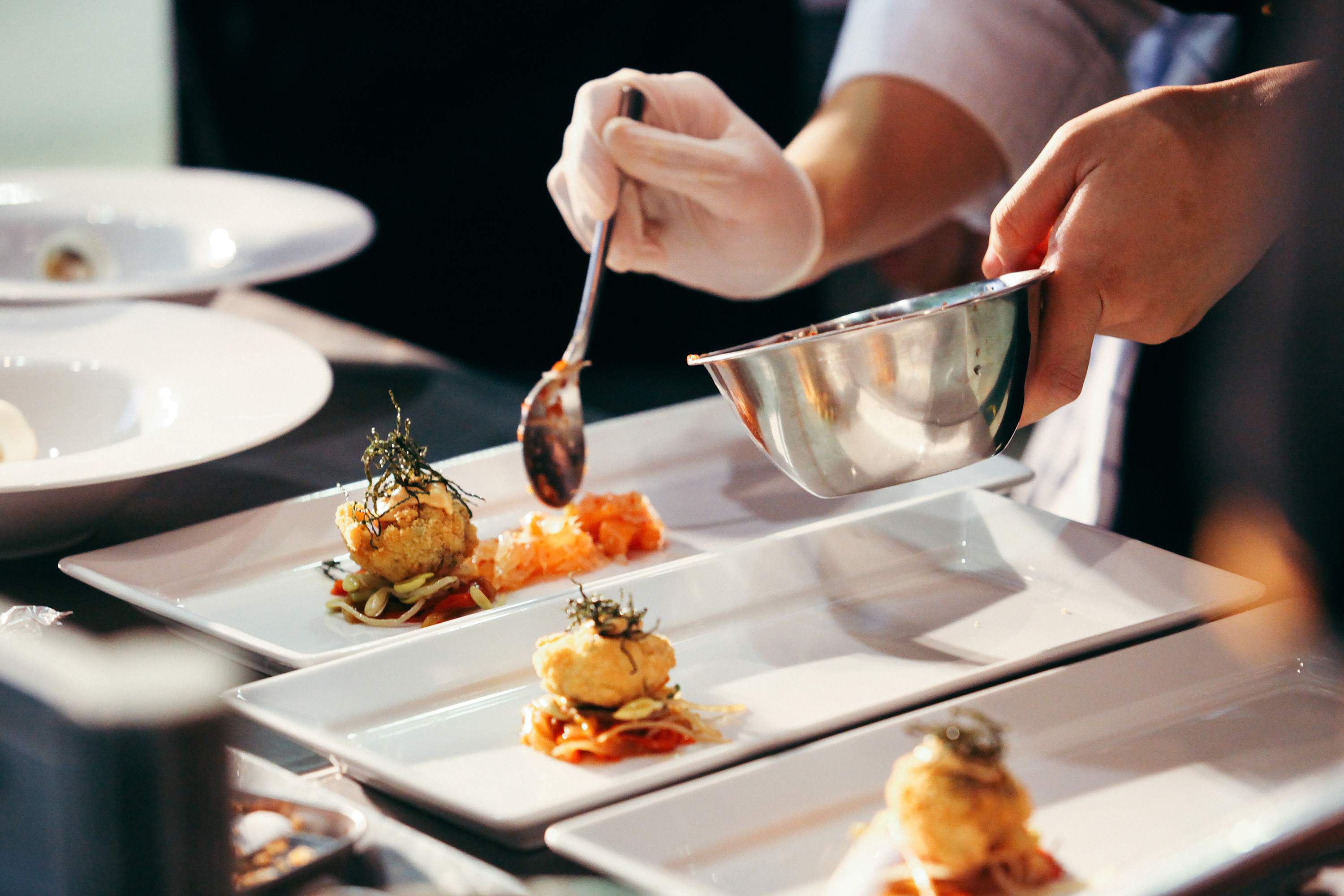Lifestyle
7.18.2019
In the Middle East, French cuisine exports its technique, not its flavors

In the Middle East, the names of Paul Bocuse, Joël Robuchon or Pierre Gagnaire speak to the locals. Here, French cuisine makes you dream by its technicality, its rigor and its refinement, much less by its products and its terroir.
When we talk about French cuisine outside France, it is unusual to hear about cassoulet, fricassee de volaille or tripe à la mode de Caen. The croissant and the macaroon, at the very least, remain among the rare flagship dishes of French gastronomy abroad. Wine, on the other hand, completes the idea of what French cuisine can be in the general intellect.
Several “French restaurants”.
In the Middle East, the previous statement is also true. The idea that we have of French cuisine is all about pastry and red wine, provided that alcohol is not prohibited in the territory. Nevertheless, there are many French restaurants in the region. In Dubai, United Arab Emirates, for example, there are no less than 152 restaurants of French cuisine or French inspiration, according to Trip Advisor. 32 are located in Riyadh, Saudi Arabia, and 72 in Beirut, Lebanon.
At these addresses, however, it is rare to find French specialties. Not even the great classics of the French bistro tradition such as duck confit or veal blanquette. Most often, red meats and their side dishes, pasta specialties and even burgers are ordered, not to mention, of course, desserts and other sweet treats from more than one culinary culture. So why is the “French restaurant” label so attractive?
Technique before the terroir
“In Lebanon, in particular, traditional French bistro dishes will not be present on French restaurant menus. What we do find, on the other hand, are French techniques, French chefs,” explains Lebanese chef Karim Haïdar, president of the Arab World Academy of Cuisine. “French cuisine, especially in the Emirates, is not sufficiently represented, it is not what sells,” agrees Grégoire Berger, chef of Ossiano restaurant in Dubai and founder of French Chefs in Dubai, a network of top chefs based in the Dubai emirate. In his trendy establishment, located on the highly prized artificial archipelago of Palm Jumeirah in Dubai, the French chef offers a cuisine that is full of inspiration. This ranges from wagyu beef tartar to langoustine bouillabaisse with kimchi cabbage. France is perceptible on the menu, but it blends with the flavors of the world, in dressage with an irreproachable aesthetic. “What sells are some French names like Yannick Alléno, Pierre Gagnaire, Paul Bocuse,” adds Chef Berger.
More than cooking, therefore, it is French know-how that is highly appreciated in the region. “France remains the best cooking school because we have the best foundations,” confirms Chef Berger. Many national cuisines do not have the same solid foundations as us, and are more instinctive or family cuisines, whereas, in France, we have a learning cuisine.” The same is true of Chef Haidar, who praises the “exceptional technique” inherent in French gastronomy. Thus, it is not by its dishes that French cuisine inspires the Middle East by its technicality and rigor, which are the guarantee of its success.
A story of fine dining
Beyond technical and culinary considerations, French gastronomy in the Middle East is also an art of living. It is indeed a certain standing and experience of refinement that is sought above all in French restaurants. “Refinement, elegance, the French art of living, that’s why French cuisine is exported, with its great chefs that make you dream, its luxurious products, its incredible presentations,” explains Chef Haidar.
Chief Berger also makes this observation in the Dubai emirate. “In the United Arab Emirates, we eat in a French restaurant in a spirit of fine dining, as opposed to popular restaurants,” explains Grégoire Berger. French chefs will also often be called upon for cocktails or private receptions.” Well, you may indeed say that French cuisine is a big deal in the East, without necessarily promoting its terroir. The latter is reserved for those crossing the Bosporus.
popular

